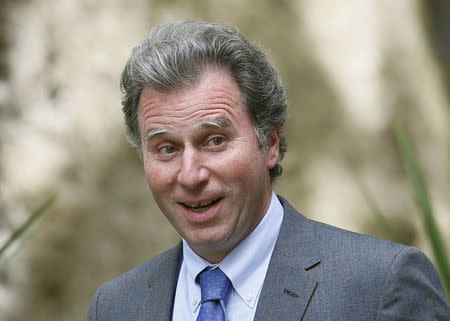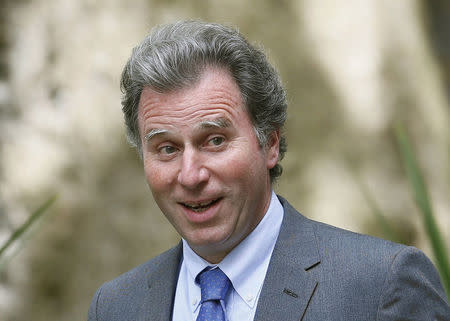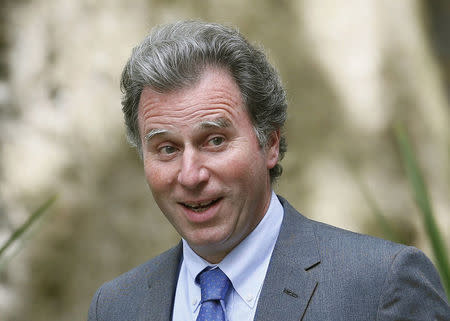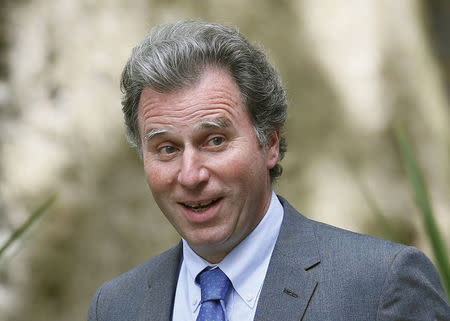British policy chief apologises for 30-year-old race comments
LONDON (Reuters) - British Prime Minister David Cameron's policy chief apologised on Wednesday after a newly released memo from 30 years ago revealed he had blamed poor morals in the black community for riots and said any investment would be wasted on discos and drugs.
Oliver Letwin, a senior minister in Cameron's government, made the comments in a confidential memo to the prime minister at the time, Margaret Thatcher, following riots in north London which revealed the deep strains between Britain's poor black community and the police.
Rejecting suggestions that the unrest was due to inadequate housing or a sense of alienation amongst the black community, Letwin said the riots, criminality and social disintegration were caused solely by individual characters and attitudes.
"So long as bad moral attitudes remain, all efforts to improve the inner cities will founder," he said in the memo, jointly written with another adviser.
Letwin also poured scorn on suggestions by two ministers - David Young and Kenneth Baker - that the government should invest in new housing and encourage black middle-class entrepreneurs as a "force for stability".
"David Young's new entrepreneurs will set up in the disco and drug trade; Kenneth Baker's refurbished council blocks will decay through vandalism combined with neglect; and people will graduate from temporary training or employment programmes into unemployment or crime," they said.
Letwin, now the minister for government policy, said some parts of the private memo he wrote nearly 30 years ago were both "badly worded and wrong".
"I apologise unreservedly for any offence these comments have caused and wish to make clear that none was intended," he said.
David Lammy, a member of parliament from the opposition Labour party who grew up alongside the Broadwater Farm estate where the riots broke out, said the memo showed just how "out of touch those in power can be with the reality of what is happening".
The memo was made public by the National Archives under a rule whereby it releases 30-year-old government papers.
The 1985 Broadwater Farm riot broke out after the death of resident Cynthia Jarrett who suffered heart failure when police officers raided her home looking for stolen property.
Her death led to riots in which officer Keith Blakelock was killed after being repeatedly stabbed in one of Britain's most notorious race incidents.
(Reporting by Kate Holton; editing by Giles Elgood)






